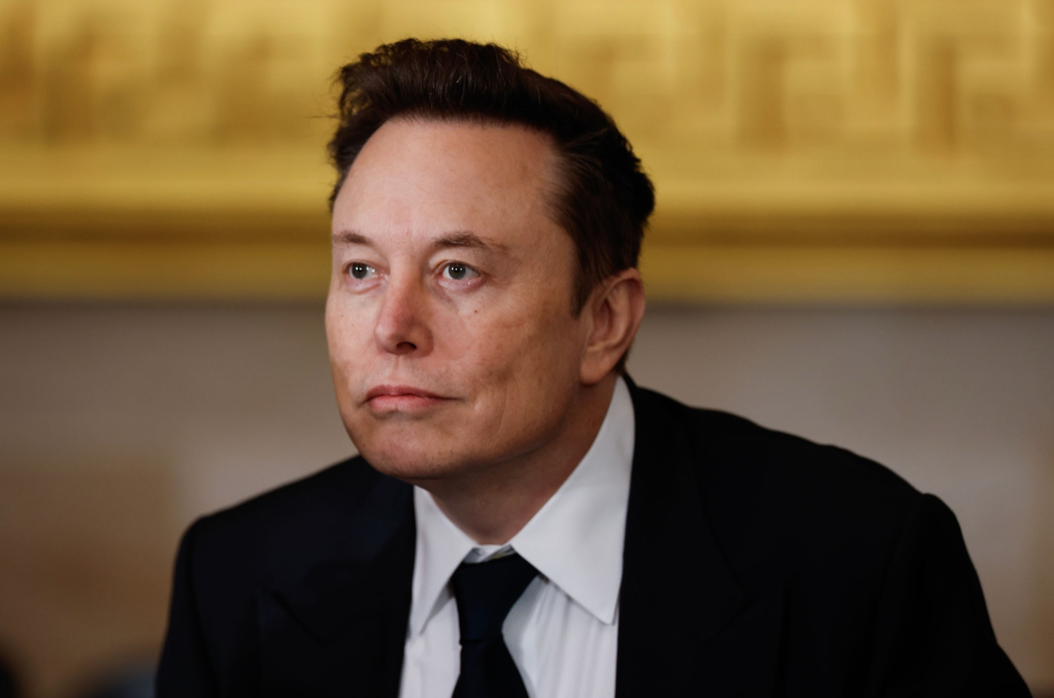Mobile Internet will be turned off in Crimea for security reasons. Photo: disinfo.
Starting from 17 December, the Russian occupiers will start switching off the mobile Internet in the temporarily occupied Crimea, citing the need to ensure “security” on the peninsula. However, without disclosing the exact reasons or schedule of the shutdowns, the occupation Ministry of Internal Policy, Information and Communications of Crimea said that the Internet could be disconnected at any time of the day.
The innovation was reported on the Time Ukraine Israel portal, citing information from RBC-Ukraine. The adviser to the Russian head of Crimea, Oleg Kryuchkov, said that mobile internet would be switched off not only at night but also during the day. This step, according to the occupiers, should help control the situation on the peninsula, but the exact motives remain unknown.
Occupation of Crimea: the shadowy reality after the annexation
Following Russia’s annexation of Crimea in February 2014, the situation on the peninsula changed radically. The annexation of Crimea began with the seizure of strategic facilities and administrative buildings. In March of the same year, a pseudo-referendum was held, the results of which were not recognised by Ukraine or the international community. Despite international protests, Russia declared the annexation of the peninsula in violation of international law.
Since then, Crimea has become a testing ground for repression against Ukrainians and Crimean Tatars, and human rights violations have become the norm. Russia is also actively militarising Crimea, turning it into a military base, which poses a threat to the security of the Black Sea region. Russia is actively relocating its citizens to the peninsula, which is changing the demographic composition of the Crimean population.
Reaction to Internet censorship: violation of rights and control of information
The disconnection of mobile internet is part of the Kremlin’s policy of restricting access to independent information. Information control, which has long been introduced on the peninsula, can further isolate Crimeans from the world and limit their ability to obtain objective information about events in Ukraine and the world.
The decision, which will affect thousands of Crimean residents, is already causing concern among locals, as access to mobile internet has become an important tool for communication, including with relatives in mainland Ukraine.
The uncertainty of Crimea’s future: what’s next?
Despite Russia’s efforts to maintain control over Crimea, the annexation of the peninsula has never been recognised by the international community. Ukraine, together with its partners, continues to work to liberate the peninsula and return it to Kyiv’s control. However, despite this, Russia continues its policy of repression and militarisation of the region, creating more and more problems for the local population.
These events once again underline the need for the international community to maintain its attention to the situation in Crimea, which requires further efforts by international organisations to protect human rights and restore Ukraine’s territorial integrity.

















